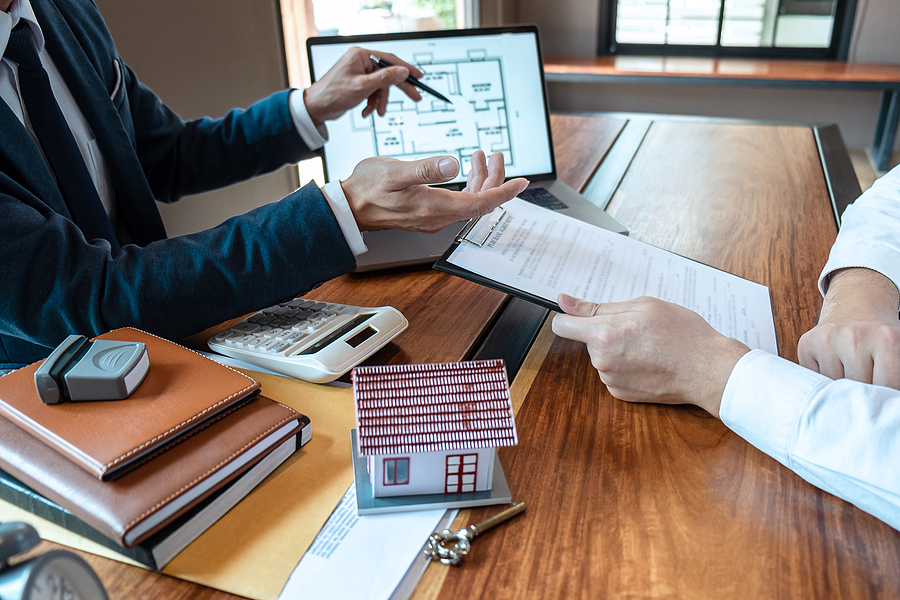What To Consider Before Purchasing A Second Home
September 18, 2020
Investing in a second home can be a great way to build equity and is a wise financial strategy to consider as part of a longer-term retirement plan. Even better, if the property is in a desired vacation destination, you can utilize the property when you want and rent it out the rest of the year with ease. Unfortunately, most individuals require a second mortgage in order to purchase a second home and these terms often require larger down payments and additional underwriting requirements. Here are a few important ideas to keep in mind before purchasing a second home.
Many Additional Costs
Individuals purchasing a second home can often assume the cost is similar to the experience of purchasing their primary residence. While some expenses are the same, there are many additional costs to investing in a second home. Some of these additional costs include furnishing the home in order to be able to rent it out, maintaining all of the wear and tear that can be caused by having multiple tenants occupy the home when you are not utilizing it, and added insurance rates required when renting out the property. Combine these additional costs with monthly utilities and taxes and the expenses can add up quickly. It is important to have a crystal-clear picture on what your total monthly expenses will be before purchasing a second home.
Tougher Underwriting
Most individuals have a budget they need to maintain in order to uphold all of their financial obligations. Since purchasing a second home likely means you already have a mortgage you are responsible for paying, you can expect the underwriting requirements to be tougher on a second home. Lenders must guarantee you will be able to repay any money they lend. Credit score requirements are higher when purchasing a second home and almost all second homes will require a higher down payment. The more debt you have will also impact the underwriting terms of a second home. Investors should be prepared to have their debt-to-income ratio scrutinized much more closely when applying for a second mortgage.
Financing Options
On a positive note, you may have more options in financing your second home if you have a large amount of equity built up from your primary residence. Whether you utilize a home equity loan as collateral to obtain a line of credit or simply refinance your first home and pull out some of the equity to use for the down payment on your second property, you may be able to use the asset of your first home to fund the purchase of a second home.
Understanding all of the ways that purchasing a second home is unique from buying a first home can make the difference between whether or not you are successful in acquiring a new property. While second homes do have added expenses and tougher underwriting, there are also often more options when coming up with ways to finance this new investment opportunity. As with any big decision, doing your homework ahead of time and having a clear picture of what responsibilities will be required is the key in obtaining a successful outcome.


